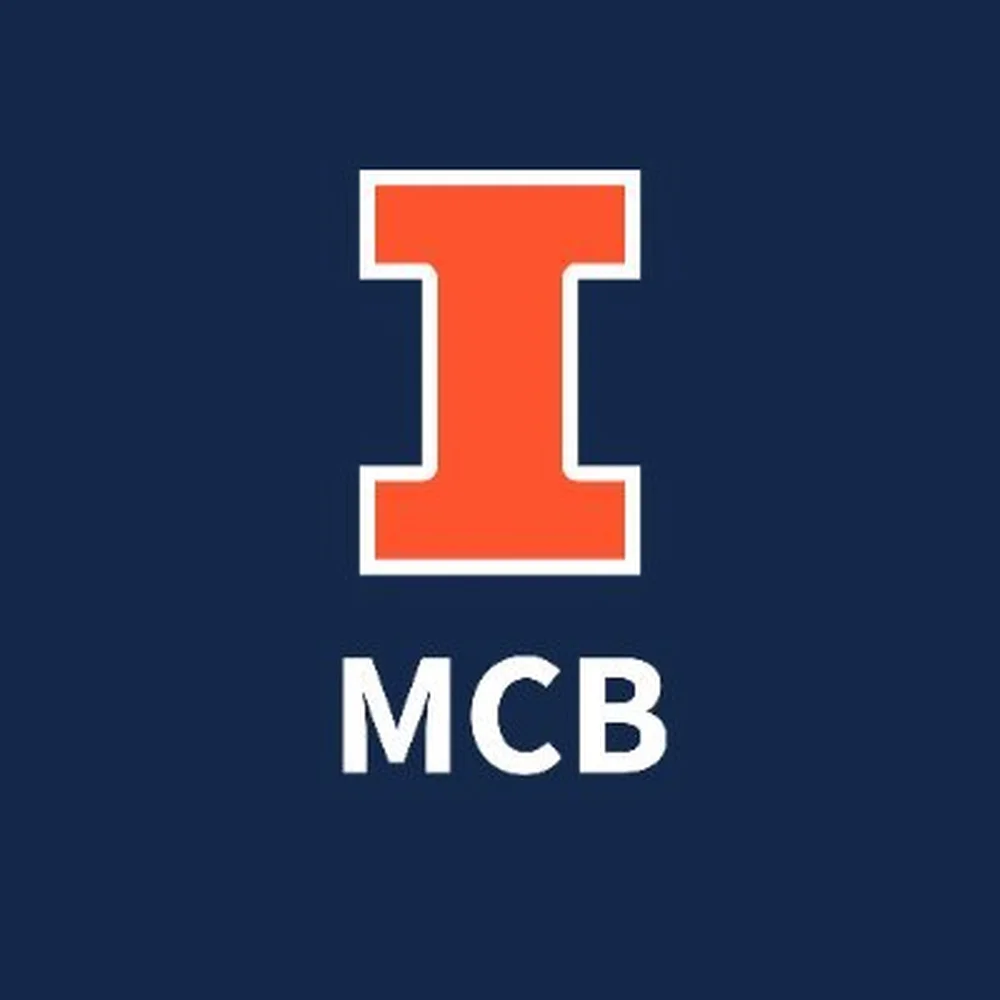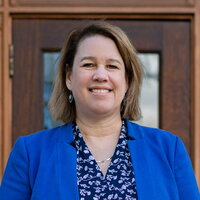
The School of Molecular and Cellular Biology (MCB) is a pivotal center for biomedical research on campus, and our program attracts more funding than any other unit in the College of Liberal Arts and Sciences. Our energetic, top-notch graduate students and faculty, and high caliber research projects have a strong reputation for producing results worthy of further external funding.
However, the stagnation of federal funding over the last decade has led to extreme competitiveness for government-funded research in the United States. In particular, there are increasing concerns that science will suffer, as more risky and exploratory projects are less likely to get funded.
Although the University of Illinois is a state-funded institution, state revenues are only responsible for approximately 12 percent of the total operating budget. The gracious support from our alumni and philanthropists helps fill this financial gap, enabling faculty and students to continue with their excellent research.
A number of scholarships and fellowships are available within MCB, and the opportunities continue to grow every year, as well as the number of graduate students receiving these awards.
“Our alumni have provided enormous opportunities for MCB and our students. For example, the Westcott Biosciences Fellowship attracts top students to fuel our graduate program. In addition, alumni and colleagues have endowed graduate fellowships in honor of former faculty, including Professors Lowell Hager, Gregorio Weber, and Herb Carter,” says Susan Martinis, Sligar Professor and Head of the Department of Biochemistry.
Undergraduates have also greatly benefited from the generosity of alumni, such as William Jackson and Kris Jenner, who provide summer research fellowships, allowing young scientists to have early experience in a lab.
“These alumni-supported research opportunities for our undergraduate and graduate students are important first steps in their careers and have great impact in their long-term success,” says Dr. Martinis.
Private funding can help launch careers when federal funding is not available, particularly for students from international countries. The National Institutes of Health and the National Science Foundation support only domestic students, and a large number of distinguished international researchers are often unrecognized by these government agencies.
Amruta Bhate, a fifth year biochemistry graduate student from India who is ineligible for NIH or NSF funding, received the Herbert L. Carter Research Fellowship, which includes a full year stipend and tuition waiver.
“By receiving the fellowship, my tuition and stipend is covered for a full year. I do not have to work as a Teaching Assistant, and this frees up a lot more time for my work: research, literature search for a review, and the job search. It is a prestigious fellowship, which helps boost my resume as well,” she says.
The James R. Beck Fellowship in Microbiology, established by an alumnus from Indianapolis, will partially support four graduate students this year.The students benefit from the support, as well as the faculty who host the students in their labs.
“Private donations allow graduate students to pursue independent projects of their own design,” says Assistant Professor of Microbiology Thomas Kehl-Fie, an advisor to a graduate student who received the James R. Beck Fellowship. “It allows labs to explore new and exciting avenues of research.”
Private donations take many different forms. One type of private funding comes from deferred gifts, such as the June Aprille Fellowship, which was incorporated into Dr. Aprille’s estate planning to support graduate scholarships in the future.
Other funds have been set up by alumni trainees as a tribute to a professor. For example, the C. Ladd Prosser research award’s accumulated interest has supported annual awards to recognize outstanding student researchers in Molecular and Integrative Physiology laboratories since 2012.
"The Prosser award has given me a great opportunity to expand my research and knowledge of neuroscience, which includes providing me with support to attend a Computational Neuroscience course," says Ekaterina Gribkova, a graduate student in the lab of Dr. Daniel Llano.
Howard Ducoff, the late professor and eminent radiobiologist in MIP, and James E. Heath, a former Head of MIP, set up fellowships in their own names to support best senior thesis and excellent Teaching Assistants, respectively.
Molecular and Integrative Physiology is able to support the research, teaching and travel awards of several students each year through the Department’s annual fund, an accumulation of gifts from a number of alumni and friends to MIP.
“Funds donated by alumni and friends of MIP are critical for maintaining the excellence of our graduate program,” says Milan Bagchi, Deb Paul Professor and Head of MIP. “We use these funds to support the travel of our graduate students to national meetings to present their work and to purchase shared equipment to improve departmental research infrastructure.”
Private donations not only provide excellent opportunities, but they also carry the prestige of being associated with the names of prominent scientists and alumni supporters who have made lasting contributions in their fields. In a competitive postdoctoral market, this funding elevates those who have excelled among their peers.
For further information on how to establish a scholarship, fellowship, or award to benefit students in MCB, please visit our Giving Opportunities page.
